Writer Allan Scott on Heath Ledger’s role in Queen’s Gambit
Creator of global TV hit reveals his conversation with Heath Ledger the day he died, and the future of the miniseries.
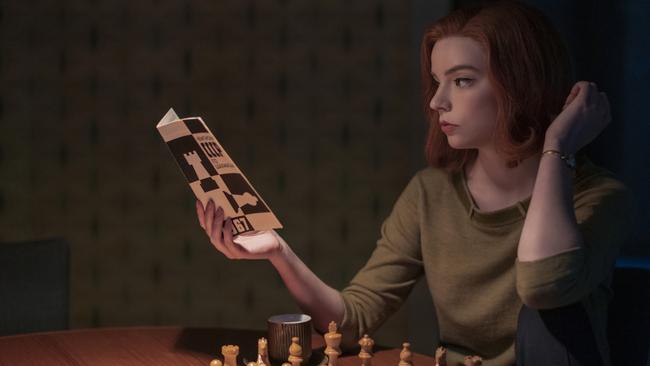
The New Yorker famously described Clive James as “a brilliant bunch of guys”, such was the prodigious nature of his output. It’s a description that leaps to mind when pondering the life’s work of Allan Scott — screenwriter, film producer, radio presenter, television compere, theatrical impresario, arts administrator, recording artist, author and company director.
The Scotsman who stepped on to the stage with a satirical cabaret act at the dawn of the Swinging Sixties, and with long-time writing partner Chris Bryant wrote the screenplay to the renowned psychological thriller Don’t Look Now — and dozens of other movies in between — was also a major figure in the world of Scotch whisky as a former chairman of Macallan, the family business. Plus, he used to run the Scottish film industry.
He also happens to be the man of the hour.
This week it was announced that The Queen’s Gambit, the stylish Netflix limited series that he co-created with US writer-director Scott Frank, had become the streaming service’s most-watched miniseries ever.
At first glance, a show about an orphaned American chess prodigy living with addiction and set against the backdrop of the Cold War doesn’t exactly scream breakout hit, but The Queen’s Gambit was watched by 62 million households in the first 28 days of its release. It also ranked No 1 in 63 countries.
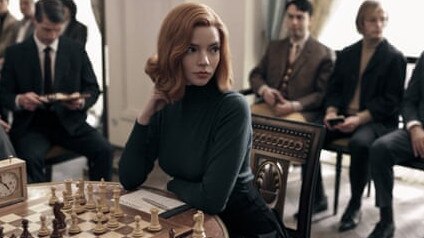
In short order, the series has become a certified global cultural phenomenon.
While fashionistas slather over the show’s sumptuous costumes, even the most hardened chess enthusiasts are applauding the accuracy with which the game is portrayed on screen (as they should — one of the chess consultants on the series was former world champion Garry Kasparov).
Google search queries for “how to play chess” have hit a nine-year peak. There’s growing interest in next year’s world championship tournament to be played in Yekaterinburg, Russia. And the novel upon which the series is based has made it onto The New York Times bestseller list — 37 years after its release.
In the words of London’s Daily Mail, the show has “made chess sexy as hell”.
But one person has been largely oblivious to all the hype: the man who shepherded The Queen’s Gambit onto the screen. Not because he’s indifferent to it. But because not too long before it premiered, he was felled by a heavy and persistent bout of coronavirus which occasioned a spell in hospital. To make matters worse, it was the second time he had contracted COVID-19 in a matter of months.
“I got COVID in March,” says Allan Scott, now back at home in London. “I had it very mildly for ten days. Now I have something called long COVID. I’m feeling all right. But I get very, very tired. If I did a 400m walk, I’d be exhausted for the rest of the day.”
Naturally, I assume he’s telling me this off the record and doesn’t want it mentioned in any article. Scott is no spring chicken, which means he’s in the high-risk category. But I assume wrong.
“I don’t mind if you do. You’re welcome to,” he says. “People need to know about this disease and how it affects people.”
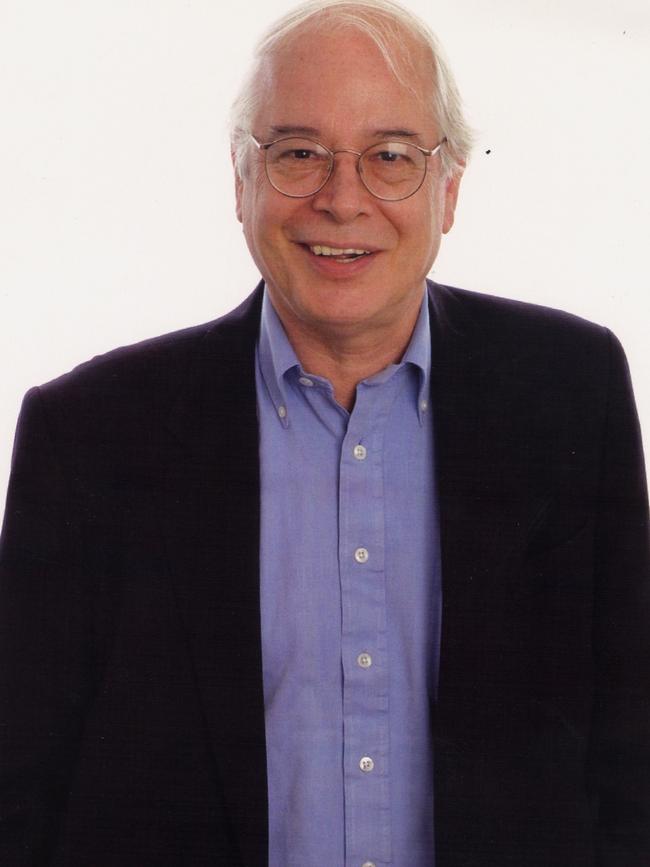
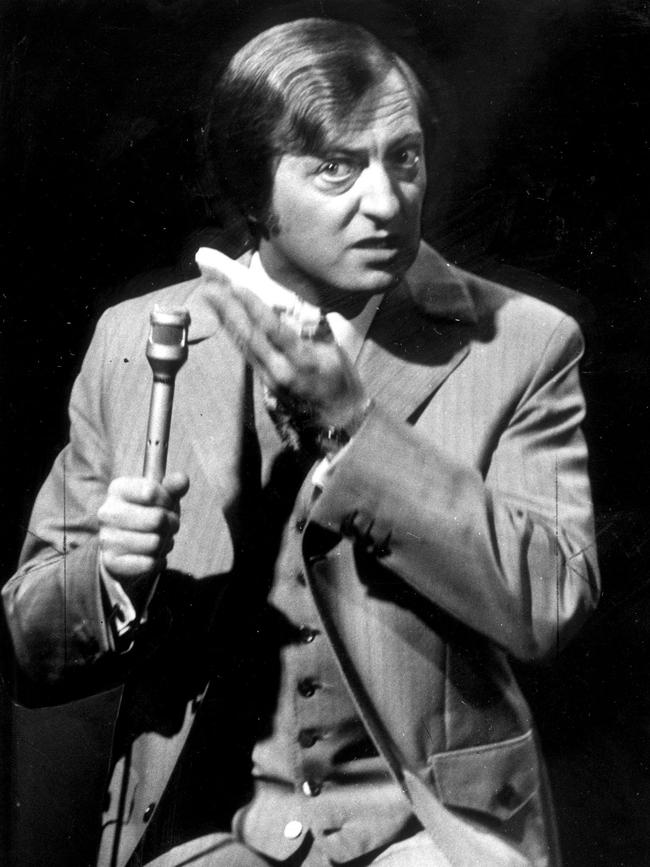
I also assume, because it has been reported widely as fact, that the limited series is destined to remain just that. There’s been no news from Netflix about a renewed order. Its star, Anja Taylor-Joy, has a full slate of upcoming film projects. And besides, Walter Tevis, the author of the original book, died in 1984 before he could write a sequel.
Scott’s reaction? Don’t believe everything you read. The prospect of a second — and perhaps third and fourth — series of The Queen’s Gambit remain a tantalising possibility.
“You know, when people say that (something can’t be done) you always turn out to be a liar. Yes, of course it can. Because it’s fiction. I can do six episodes of what happens to her right after Russia. I could do you six episodes of ten years later when she tries to make a comeback. I can do you ten episodes of what happens when she gives up chess. Do you know what happens to most great chess players when they give up chess? They take up bridge. I could give you a whole series about bridge!”
The planets just might be aligning. The show’s lead actor says she too is open to returning in the character of Beth Harmon. Anja Taylor-Joy told Town and Country magazine: “If I’ve learned anything from being in this industry, it’s never say never. I adore the character, and I would certainly come back if I was asked to, but I do think we leave Beth in a good place.”
The public clamour is all the more surprising given that not so long ago the success of The Queen’s Gambit was very far from assured. Scott acquired the rights to the novel in 1992 initially with the idea of turning it into a motion picture. But for years it was one of those Hollywood projects that was shopped around but never seemed to go anywhere.
Directors came and went, each tinkering with the script as they went along.
“I worked with the strangest people,” laughs Scott. “Frank Oz wanted to do it.”
Another name in the frame was Bernardo Bertolucci. But Hollywood kept saying no.
“I can tell you eight studios that turned Queen’s Gambit down on the grounds that chess doesn’t sell tickets. And you know what? I can’t argue with them.”
So what convinced Scott that it was worth persevering?
“Because the book is only ostensibly about chess. It’s about a child aged six, mother dies, is yanked to an orphanage, has no friends, but turns out to be good at a game the janitor played and becomes the best in the world. That’s a Victor Hugo novel, pure melodrama.”
Then, purely by chance, Allan Scott was introduced to Scott Frank, a fellow screenwriter. Both had independently been circling another Walter Tevis novel, The Man Who Fell to Earth.
“I didn’t have a closer friend than Nic Roeg,” says Allan Scott of the man who directed the 1976 movie version starring David Bowie.
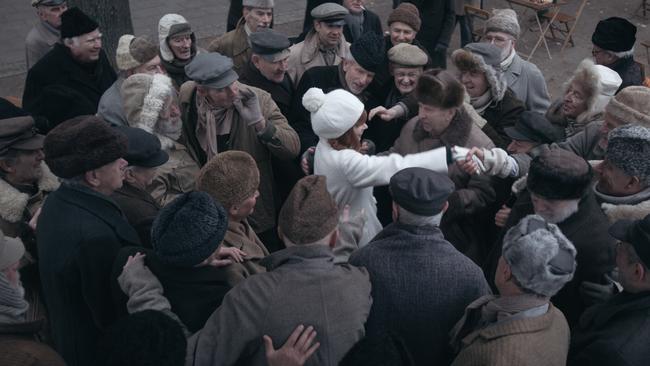
“We made four or five pictures together. But he was always miffed that I wanted to remake this one. I said to him, ‘You didn’t get the good stuff from the book, Nic’. I was trying and Scott (Frank) was trying separately and neither of us succeeded, so we met and started talking about Queen’s Gambit.”
His principal concern, when talk got around to turning it in to a TV series, was whether there was enough in the story to sustain it across multiple episodes.
“It turned out there was. One of Netflix’s dangers is that people can be tempted to pad out stories to get to six or eight or ten episodes when there isn’t enough story there. I don’t think that’s the case with Queen’s Gambit.”
The closest it came to being turned into a film was 13 years ago when an unexpected choice as director emerged: Heath Ledger, who had been a child chess champion in Perth.
According to Scott, “Heath proposed himself to me. He was shooting the Dark Knight and he called me up and asked if we could meet. So we did and we talked and talked. I’ve said to anyone who’s ever asked that he’s quite the nicest actor I’ve ever met. He was just a straightforward humble guy.”
Ellen Page was tapped to star and the money for the picture seemed certain when Ledger himself agreed to appear on screen.
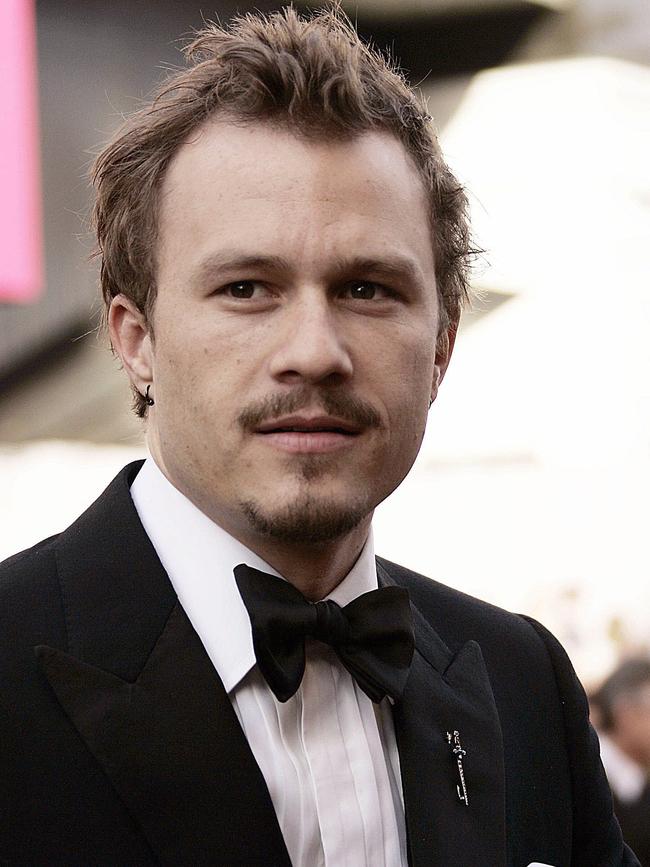
But in which role?
“I said, ‘Why don’t you play the adoptive father? And Heath said, ‘Oh, no, he’s not a very nice man’. So he said, ‘Wait, wait’, and immediately called up his pal Gary — Gary Oldman — and said, ‘Gary, how would you like two days work?’
“I think Heath would have ended up playing one of the chess players, perhaps the boy she’s in love with who was nice looking and kinder.”
The last time that Scott and Ledger spoke it was to discuss music for the film.
“We talked on the phone quite a bit. I sent him a library of ’50s and ’60s music because he didn’t know anything about that period. He rang me and said he loved this song and liked that one. He died that night.”
It emerges Heath Ledger is not Allan Scott’s only connection to Australia.
He and university chum Chris Bryant arrived here at the height of the ’60s satire boom with a contract to perform their comedy act on television and in nightclubs.
“For two months we would do the Graham Kennedy show three nights a week, Noel Ferrier’s show on a Friday, and then we’d do three or four Dave Allen shows in Sydney. It was a slave labour contract. But there were girls galore and we were famous Australia-wide. We were having fun.”
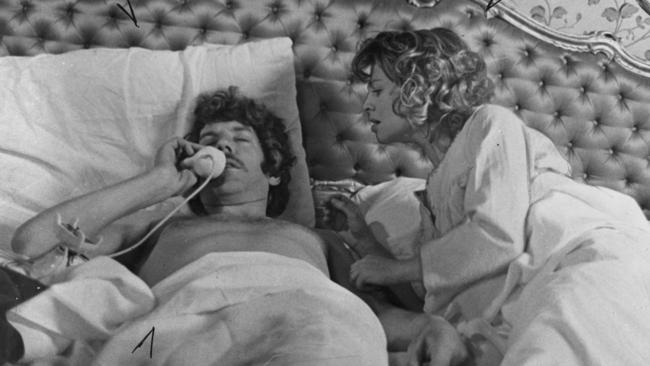
What stood out most from that time was Kennedy’s unique talent.
“We had done the tonight shows in America — Jack Parr and all that — but my god, Graham was clever at what he did. We became very good friends with his writer (Mike McColl-Jones).”
Four decades later, Scott was also instrumental in turning Priscilla, Queen of the Desert into a musical, an idea that popped into his head one day while walking along the banks of the River Findhorn in the Highlands of his native Scotland.
To date, Priscilla the Musical has grossed more than $500m in ticket sales, premiering in Sydney in 2006 and enjoying long runs on Broadway and London’s West End and revivals worldwide (“I saw a wonderful production in Germany,” he says).
The secret of its success, says Scott, was working with Stephan Elliott to alter the fundamental structure of the original film.
“When you boil it down, the drama is about the father getting back with the son. That’s not revealed in the movie until some way in. You’ve got to tell the audiences right from the start that the boy is waiting for him in Alice Springs. That’s why audiences become so invested in the story.”
Coronavirus or no coronavirus, Scott is busying himself with plans for numerous projects, including a tribute to Les Miserables lyricist Herbert Kretzmer and a stage production that will be a return of sorts to Scott’s roots in revue.
Then there is an arena show that will see him return once more to Australia. Scott is tight-lipped about the details but drops some tantalising hints: it will be workshopped here next year and a well-known Australian filmmaker has come on board.
He’s also eager — as a former head of the Scottish Film Production Fund and the Scottish Film Council, who helped bring films like Shallow Grave to the screen — to share advice with Australian filmmakers about how countries outside Hollywood’s orbit can develop and sustain a viable movie industry.
As for the next The Queen’s Gambit? Watch this space.
“Put the hype to one side,” he says. “I don’t see what’s wrong with a show that’s actually good and engaging dramatically being popular. What’s wrong with that?”


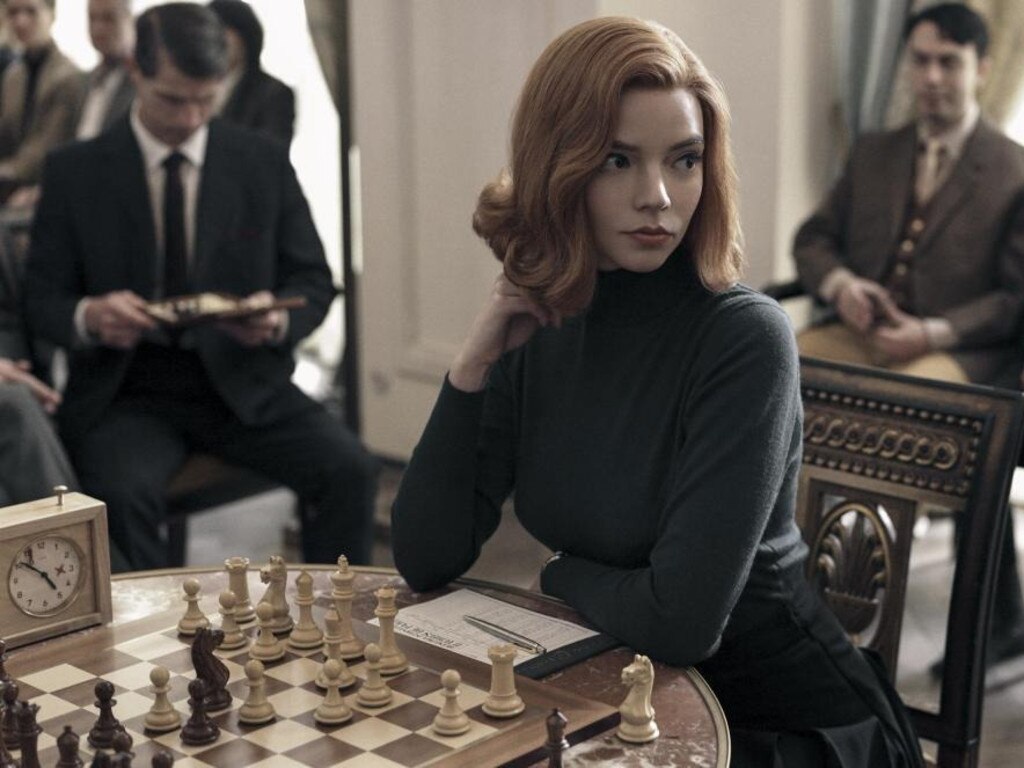
To join the conversation, please log in. Don't have an account? Register
Join the conversation, you are commenting as Logout